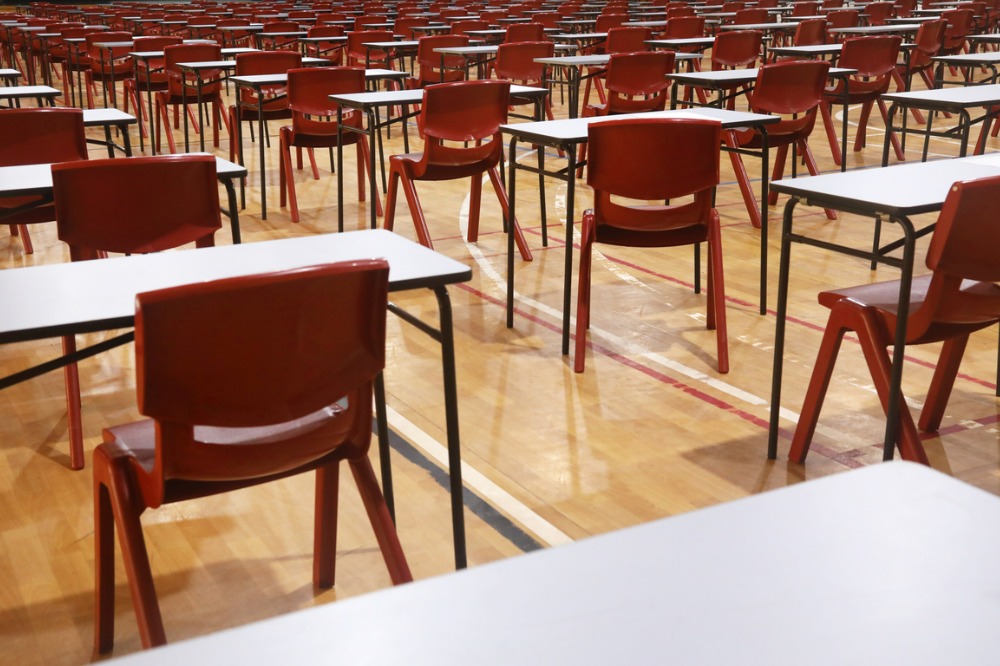
The latest NAPLAN results, released by the Australian Curriculum, Assessment and Reporting Authority (ACARA), indicate that student performance across Australia has remained broadly stable compared to 2023. The results, while showing minor fluctuations across various domains and year levels, underscore both the resilience of the education system and the ongoing challenges faced by certain student groups, according to a news release.
ACARA CEO Stephen Gniel praised the efforts of schools, teachers, and students, noting that stability in the results, despite recent changes to testing timing and reporting standards, reflects the dedication of the Australian education community. “These results are a testament to the hard work and commitment of schools, principals, and teachers, as well as students themselves,” Gniel said.
Achieving basic literacy competence
While the overall results are steady, the data highlights areas needing improvement, particularly for students requiring additional support. The 2024 report shows that around 10% of students fall into the “Needs additional support” category in both literacy and numeracy, with rates slightly increasing in the higher year levels. The data also underscores persistent disparities among students from different socio-economic backgrounds, non-urban areas, and Indigenous communities.
Indigenous students continue to face significant challenges, with one-third falling into the “Needs additional support” category, compared to less than 10% of non-Indigenous students. Similarly, students from very remote schools lag behind their metropolitan counterparts, with far fewer achieving “Strong” or “Exceeding” levels in both literacy and numeracy.
Gniel urged caution in interpreting these results, as they are only the second set of data assessed under the new proficiency standards introduced in 2023. “National data rarely shows any significant change over a single year. The trends in NAPLAN data are likely to take several years to emerge,” he noted.
Helping students who are falling behind
The Australian Education Union highlighted that the recent NAPLAN results reveal that a large proportion of vulnerable students are not receiving the support they need, with First Nations students in the Northern Territory especially affected.
Correna Haythorpe, AEU federal president, criticized the decade-long delays in funding on student outcomes, stressing that without closing resourcing gaps, achievement gaps cannot be addressed.
“Teachers and education support personnel work very hard to cater for all of their students’ needs but they must be backed by governments with full funding,” Haythorpe said.
“We need urgent action now with a full 25% from the Commonwealth and 75% from state and territory governments to ensure that all schools are funded at 100% of the Schooling Resource Standard.”
Federal Education Minister, Jason Clare, said the latest NAPLAN results demonstrate the need for the Better and Fairer Schools Agreement (BFSA), which includes $16bn in additional funding for public schools, linked to reforms such as phonics and numeracy checks, evidence-based teaching, and targeted support.
“These results show why serious reform is needed and why we need to tie additional funding to reforms that will help students catch up, keep up, and finish school."


